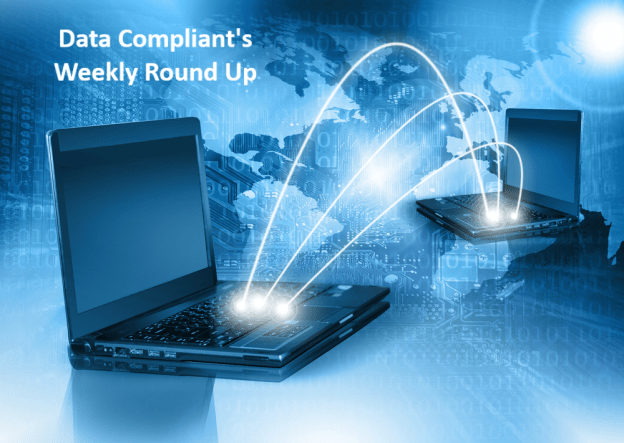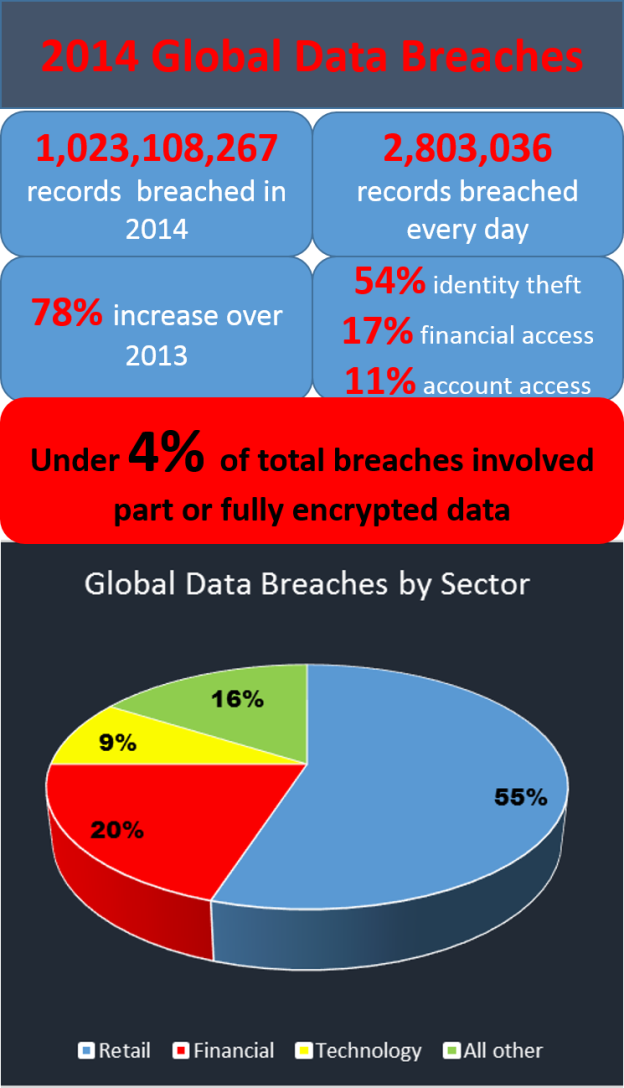Malware outbreak in 64 countries, Google scrap email scans, and the Conservative Party face ‘serious allegations’
Global cyber-attack disrupts companies in 64 countries
Corrupted Ukrainian accountancy software ‘MEDoc’ is suspected to be the medium of a cyberattack on companies ranging from British ad agency WPP to Tasmanian Cadbury’s factory, with many European and American firms reporting disruption to services. Banks in Ukraine, Russian oil giant Rosneft, shipping giant Maersk, a Rotterdam port operator, Dutch global parcel service TNT and US law firm DLA Piper were among those suffering inabilities to process orders or else general computer shutdowns.
Heralded as “a recent dangerous trend” by Microsoft, this attack comes just 6 weeks after the WannaCry attack primarily affecting NHS hospitals. Both attacks appear to make use of a Windows vulnerability called ‘Eternal Blue,’ thought to have been discovered by the NSA and leaked online – although the NSA has not confirmed this. The NSA’s possible use of this vulnerability, which has served to create a model for cyber-attacks for political and criminal hackers, has been described by security experts as “a nightmare scenario.”
A BBC report suggests that given 80% of all instances of this malware were in Ukraine, and that the provided email address for the ‘ransom’ closed down quickly, the attack could be politically motivated at Ukraine or those who do business in Ukraine. Recent announcements suggest it could be related to data not money.
The malware appears to have been channelled through the automatic update system, according to security experts including the malware expert credited with ending the WannaCry attack, Marcus Hutchins. The MEDoc software would have originally begun this process legitimately, but at some point the update system released the malware into numerous companies’ computer systems.
Google to stop scanning Gmail accounts for personalised marketing data
In a blog published at the end of last week, the tech firm Google have confirmed that they will stop scanning Gmail users’ emails for the sake of accruing data to be used in personalised adverts, by the end of the year. This will put the consumer version of Gmail in line with the business edition.
Google had advertised their Gmail service by offering 1GB of ‘free’ webmail storage. However, it transpired that Google was paying for this offer by running these scans.
This recent change in tactic has been met with ‘qualified’ welcome by privacy campaigners. Executive director Dr Gus Hosein of Privacy International, the British charity who have been campaigning for regulators to intervene since they discovered the scans, stated:
When they first came up with the dangerous idea of monetising the content of our communications, Privacy International warned Google against setting the precedent of breaking the confidentiality of messages for the sake of additional income. […] Of course they can now take this decision after they have consolidated their position in the marketplace as the aggregator of nearly all the data on internet usage, aside from the other giant, Facebook.
Google faced a fairly substantial backlash on account of these scans when they were discovered, notably from Microsoft, with their series of critical ‘Gmail man’ adverts, depicting a man searching through people’s messages.
However, digital rights watchdog Big Brother Watch celebrated Google’s move, describing it as “absolutely a step in the right direction, let’s hope it encourages others to follow suit.”
UK Conservative Party under investigation for breaching data protection and election law
A Channel 4 News undercover investigation has provoked ‘serious allegations’ of data protection and election offences against the Conservative Party.
The investigation uncovered the party’s use of a market research firm based in Neath, South Wales, to make thousands of cold calls to voters in marginal seats ahead of the election this month. Call centre staff followed a ‘market research’ script, but under scrutiny this script appears to canvass for specific local Conservative candidates – in a severe breach of election law.
Despite the information commissioner Elizabeth Denham’s written warnings to all major parties before the election began, reminding them of data protection law and the illegality of such telecommunications, the Conservatives operated a fake market research company. This constitutes a breach separate to election law, and mandates the Information Commissioner’s Office to investigate.
The ICO’s statement on 23rd June reads,
The investigation has uncovered what appear to be underhand and potentially unlawful practices at the centre, in calls made on behalf of the Conservative Party. These allegations include:
- Paid canvassing on behalf of Conservative election candidates – banned under election law.
- Political cold calling to prohibited numbers
- Misleading calls claiming to be from an ‘independent market research company’ which does not apparently exist
MyHome Installations Ltd fined £50,000 for nuisance calls
Facing somewhat less public scrutiny and condemnation than the Conservative Party, Maidstone domestic security firm MyHome Installations has been issued a £50,000 fine by the ICO for making nuisance calls.
The people who received these calls had explicitly opted out of telephone marketing by registering their numbers with the Telephone Preference Service (TPS), the “UK’s official opt-out of telephone marketing.”
The ICO received 169 complaints from members of the public who’d received unwanted calls about electrical surveys and home security from MyHome Installations Ltd.
Harry Smithson 28 June 2017



